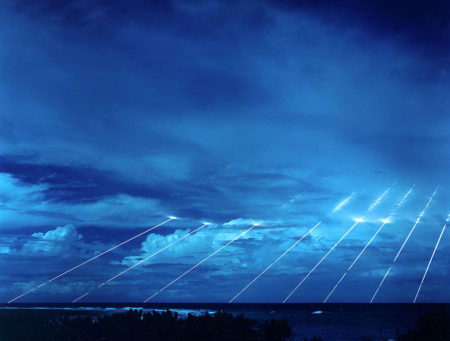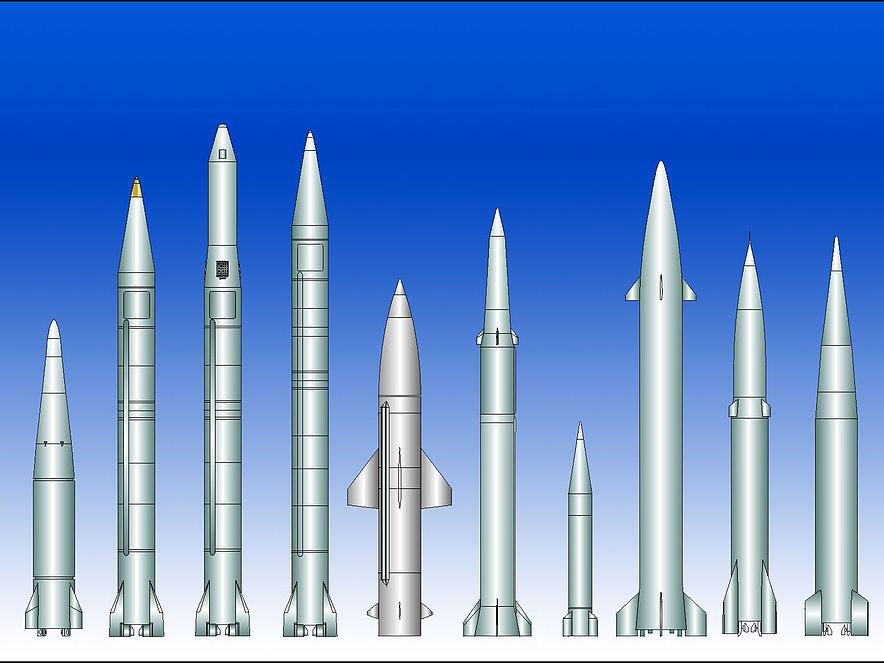
This article was originally published by the E-International Relations (E-IR) on 28 September 2016.
In July 2016, reports in U.S. newspapers indicated the Obama Administration considered adopting a declaratory policy stating that the United States would not be the first to use nuclear weapons in conflict. Subsequent reports, however, indicated that the United States was unlikely to adopt this particular change in U.S. declaratory policy before the end of the Obama Administration because both military and civilian officials in the Administration oppose the declaration of a “no first use” policy. The press reported that, during deliberations on the policy change, Pentagon officials argued that current ambiguity provides the President with options in a crisis. For example, Admiral Haney, the Commander in Chief of Strategic Command, noted that the shift could undermine deterrence and stability in an uncertain security environment. The reports stated that Secretary of State Kerry and Secretary of Defense Carter also raised concerns about the possibility that a “no first use” policy could undermine the confidence and security of U.S. allies. The press reported that several U.S. allies also weighed in against the change in policy. Some in the U.S. Congress, like Senator Dianne Feinstein, argued that the only moral use for U.S. nuclear weapons is as a deterrent to their use. Others, including Representative Mac Thornberry and a number of Republican Senators, argued that changes in U.S. nuclear policy could lead to a more dangerous world by undermining nuclear deterrence and “shattering the trust” of U.S. allies.


